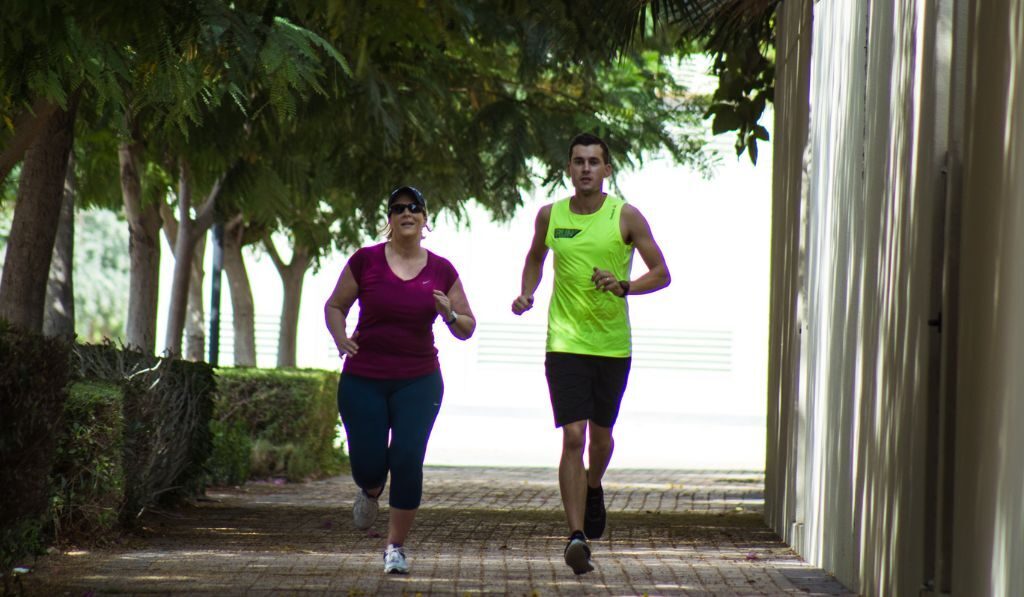7 ways to improve sleep quantity and quality
As human beings we require much needed relaxation and recovery time every day of the week. To do this effectively sleep is needed for at least 7-9 hours during the night.
Falling to sleep and then staying asleep can be challenging. But if done as part of a balanced daily lifestyle there are many long-term health benefits to this free resource.
So how do we improve our sleep time and become rejuvenated, both mentally and physically, every single day?

1. Reduce or completely cut out screen time one to two hours before sleep
With the advent of technology and the internet there seem to be more and more constant distractions in our daily lives. Which can be fine during the day, if managed and controlled appropriately, but not so much during the night when we should be resting, recovering and repairing during sleep.
Screen time on mobile phones, tablets and televisions means blue light emission which stimulates our minds and physiologically keeps us awake.
To fall asleep at 10pm aim for no screen time after 8 or 9pm. If you do have to look at a screen at this time, then blue light blocking glasses can stop blue light entering your eyes. Or adjust the screen settings on your device to reduce or completely cut out the blue light.
2. Avoid caffeine after 3pm
Certain foods and drinks can affect our sleep cycle by stimulating our body and mind, instead of being relaxed and calm, which is what we need to be when going off to sleep.
Caffeine is a stimulant and if consumed too late in the day it can keep us awake at night. Avoiding any caffeine after 3pm gives our body enough time to eliminate the stimulant from our system, as caffeine has a half-life of about six hours. Meaning only six hours after consumption, half of the caffeine amount is still in our bloodstream.
3. Sleep in a completely silent room if possible
Have you ever slept through the night without waking up at all? How amazing did you feel when you woke up!
Having a restless sleep means we are constantly disrupted and unable to go into a much-needed deep sleep, for physical and mental repair. If you have done all you can to cancel out the outside noise and you still aren’t in complete silence, then earplugs may be do the trick.
Other factors that may affect restlessness in the night are the darkness of the room, temperature of the environment, blood sugar levels, night sweats, and visiting the toilet.
4. Ensure the room temperature is ideal
Not too hot or too cold, about 19-21 degrees Celsius is normally an ideal temperature. This may vary by a few degrees depending on each person individually. You may find that a cooler temperature will help to avoid night sweats and being uncomfortable and restless. If you do feel too cold in the night you can wrap yourself up in your duvet and/or wear more clothes to increase your body temperature.

5. Avoid any liquids, from food or drink, too close to bedtime
Give yourself one to two hours before your bedtime of no liquids entering your body. This means less chance of a toilet visit in the night, which will obviously disrupt your sleep cycle. Have a bottle of water next to your bed side if you feel the need to hydrate yourself during the night, so you can then wake up refreshed and energised.
6. Make sure you are not hungry when going to bed
Hunger can affect our blood sugar levels and wake us up in the night. A sufficient amount of good quality food for dinner may help prevent this sugar crash and mean more hours asleep.
What should you eat for dinner? This can be very individual but may mean more whole based complex carbohydrate foods, such as fruit, vegetables, grains and legumes, which will bring up blood sugar levels and prevent a sugar crash. Processed refined sugary foods such as bread, pasta, biscuits, ice cream or chocolate have too much sugar, and even caffeine in them, and can therefore keep you awake.
7. Be asleep between the hours of 10pm and 6am
We are designed to be asleep inline with the setting and rising of the sun. This natural cycle is called our circadian rhythm or sleep-wake cycle.
Towards the end of the day at sunset we start releasing a sleep activating hormone called melatonin which helps us to be sleepy and tired so we can fully rest, recover and repair during the night. Once the sun starts rising again in the morning we wake up and begin to be active again due to an awakening hormone released in our body called cortisol.
To allow ourselves to fully rejuvenate every day, in line with these natural hormone changes in our body, we should aim to be asleep by 10pm and then awaken 7-9 hours later.





Comments are closed